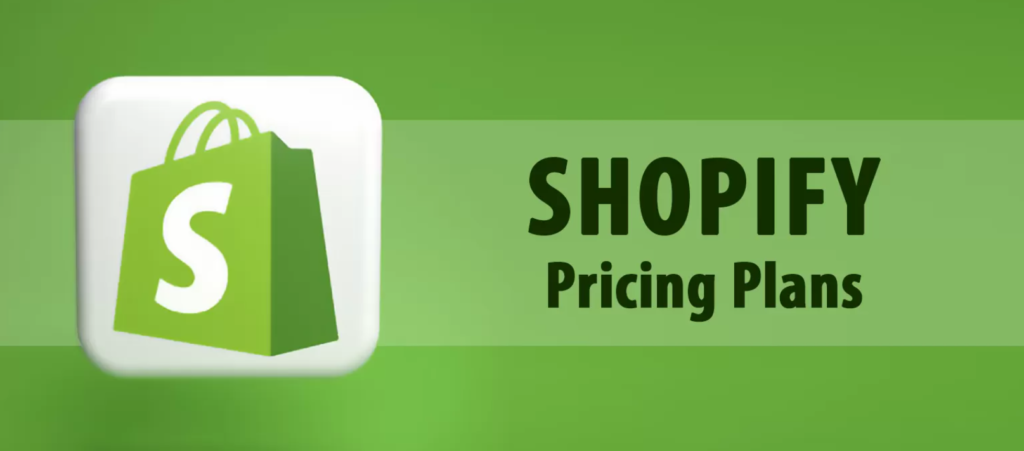
Nowadays, it is the age of digital electronics. Online presence and expansion are factors that are needed for every business to target more customers or grow bigger and better. Shopify is one of the most popular tools used to create and manage online stores from scratch to running or scaling up a business. It’s easy for any entrepreneur, whether seasoned or new, to navigate the e-commerce world.
What Is Shopify?
Shopify is an online store setting and management, which enables every business or person to sell goods or services both online and in-store. Shopify has since 2006 scaled up its platform to serve more than one million companies worldwide-from tiny startups to large organizations. Shopify allows an online shop to be established and run without technical knowledge in coding or web development.
Core Features of Shopify
- Online Store Builder: Shopify is an e-commerce web developer that provides thousands of customizable themes along with a user-friendly drag-and-drop system so that its users can create and launch a professional-looking website within minutes. In addition, you can change the design of your store according to your brand, all without needing any coding skills.
- Hosting & Security: Shopify does well with reliable hosting; you do not need to scour for a separate host for your store. Also, it’s based on high-grade security with SSL certification and PCI compliance to avoid fraud or data breaches against both your business as well as its customers.
- Payment Processing: Shopify supports over 100 payment gateways. This means that a business can accept payments via credit card, PayPal, and other means. The service also includes Shopify Payments, which eliminates third-party payment processors but yet appears competitive in transaction rates.
- Product Management: Shopify makes adding, categorizing, and organizing your products very easy. You can set up inventory tracking, create product variants in cases such as size or color, and track those stock levels. This feature makes managing a growing product catalog simple.
- Order and Shipping Management: Shopify facilitates the streamlined order fulfillment process through automatic shipping rate calculations, automated printing of shipping labels, and even updates on the customer’s order status. It’s possible to manage return and exchange requests.
- SEO and Marketing Tools: Shopify comes equipped with some SEO built-in features that will increase the rank on search engines such as Google. With that, it also allows marketers to combine various marketing tools like discount codes for easier creation of promotional messages, email marketing, and other social media integrations to reach a wide target audience.
- Mobile-Friendly: All Shopify themes are responsive, meaning they will look and work well on all smartphones, tablets, and other mobile devices key because more customers shop using a mobile. You can even manage your store from the Shopify mobile app, ensuring to keep you connected on the go.
- Shopify App Store: The Shopify App Store hosts thousands of third-party apps that can be installed in your store. Be it advanced analytics, dropshipping, accountancy, or even customer support features- there is an app for nearly every need.
- Point of Sale (POS) Integration: If you have a physical storefront, Shopify’s POS system allows you to manage both online and offline sales in one place. This system also includes features like inventory management and customer data syncing.
- 24/7 Customer Support: Shopify offers 24/7 customer support via email, chat, and phone. The platform also has an extensive knowledge base with tutorials, guides, and community forums.
Who Should Use Shopify?
Shopify is the perfect choice for starters as well as for the expansion of online businesses. From a sole entrepreneur to a small-sized business and all the way up to big enterprises, Shopify scales with various kinds of businesses.
- Small Businesses and Startups: Shopify is great for just about anyone new since the plan has an easy interface, very affordable price packages, and a series of basic features that can help you sell very quickly.
- Established Businesses: An advanced version of Shopify Plus is offered to big enterprises or brands, and then there are high levels of customizations, higher volumes of transactions, and more complex operations management.
- Multichannel Sellers: Shopify lets companies sell through lots of different channels. Using this platform you can associate with your store social media platforms like Facebook and Instagram, or even connect to huge marketplaces like Amazon and eBay.
How Does Shopify Work?

Shopify uses a subscription-based business model and offers multiple price tiers to accommodate different types of businesses. This is an explanation of how it functions:
- Register: You have a choice of picking an existing theme from their Shopify theme store or even creating your own using their editor.
- Setup your store: Now add in the products and set up your payment options. You will also set shipping rates and customize the site to look like your branding.
- Launch Your Store: After you have established your store, you can launch it and start selling. Shopify hosts your store and ensures that it is always online.
- Manage Sales: Once you begin to receive orders for your store, Shopify will give you everything you need to manage your inventory, fulfill your orders, and report all your sales. It will also provide you with detailed analytics and reports regarding your store’s performance.
Shopify Pricing

Shopify offers several pricing plans to cater to different types of businesses:
- Shopify Starter ($5/month) Selling through social media and messaging apps.
- Basic Shopify ($39/month): Suitable for a small business that is just starting out.
- Shopify ($105/mo): More features such as professional reporting and even better discounts for shipping.
- Advanced Shopify ($399/month): Best used by businesses that require advanced features and analytics; not suitable for small and medium-sized businesses.
- Shopify Plus: Pricing is custom to the company’s needs for enterprises.
Pros and Cons of Shopify
Pros:
- Easy interface
- Thousands of different types of templates are available
- Built-in payment gateway
- Exemplary customer support
- Scalable to any business venture
Cons:
- Expensive every month with premium themes and applications
- Limited customization without some degree of coding experience
- Optional fees to process third-party payment gateways
Conclusion
Shopify is the full setup and management solution for e-commerce stores. It also becomes a versatile tool for any business-from small-scale enterprises to huge companies, by using long-listed options, flexible, and scalable features. Whether you sell merchandise, digital products or services, Shopify’s functionalities can equip you with everything required to build a successful online business. Such easy-to-use features coupled with a solid customer support system make this firm the leader in e-commerce.
If you wish to venture into an e-store, then look no further than Shopify.